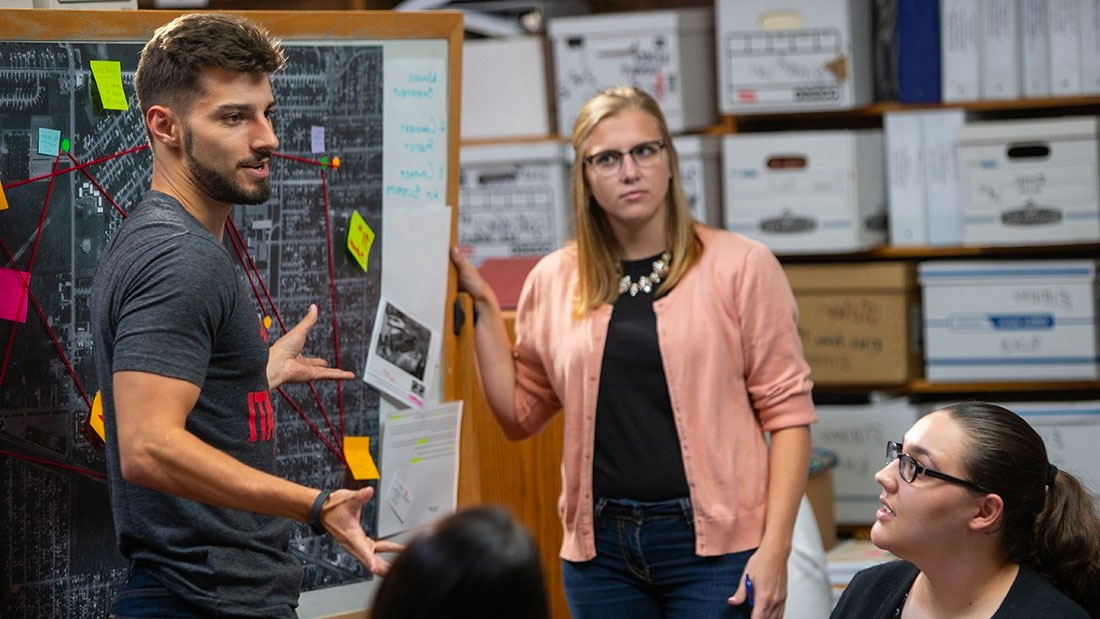Completing his JD six months earlier than the typical law student, Glen did not waste time or opportunity in law school. Along with his medical advocacy work through the AMA, OSMA, and the Pride Group at UC Med School, Glen fulfilled law school externships and internships at Kroger Health, TriHealth, and Latham BioPharm Group, where he worked on an 8-billion-dollar federal contract for their client, Moderna.
“What I like about the College of Law is that they really hammer on developing your legal skills outside of the classroom. If I hadn't had these real-world experiences, I would have a lot less transferable skills,” he said. “And the professors who teach health [and public health] law here are world class. Having gained this legal knowledge will be a huge advantage.”
With this advantage, Glen hopes to empower physicians and patients alike by helping them understand ways they can advocate on the federal and state level for change. First, by bringing their actual experiences to the table when regulations are being discussed, and second, through patient education.
“One of my goals is to be that intersection between medicine and law,” he said. “Physicians need to be at the table having conversations with the people making these [regulatory] decisions. And there needs to be more patient education, there’s a lot of misinformation out there.”
With a law degree under his belt and two more years of medical school to go, Glen is in it for the long haul. What keeps him motivated is being part of these broader changes, and the knowledge that these issues will continue to need his distinctive skill set throughout his lifetime.
“I know that advocacy work is not something that ends once I get my law degree or my medical degree,” he said. “There's always something new to tackle, and I think that's what keeps me going through all of this. I'm going to have to keep working on these issues for the rest of my life.”






